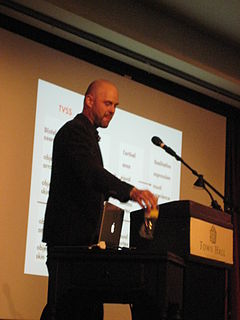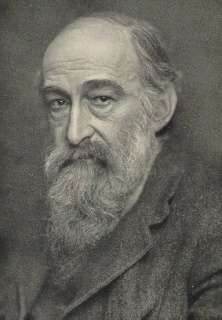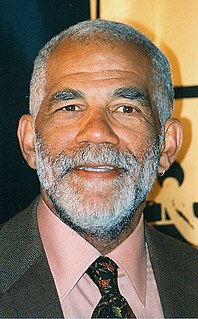A Quote by Aldous Huxley
The really important facts were that spatial relationships had ceased to matter very much and that my mind was perceiving the world in terms of other than spatial categories. At ordinary times the eye concerns itself with such problems as where? — how far? — how situated in relation to what? In the mescaline experience the implied questions to which the eye responds are of another order. Place and distance cease to be of much interest. The mind does its perceiving in terms of intensity of existence, profundity of significance, relationships within a pattern.
Quote Topics
Another
Categories
Cease
Concerns
Distance
Does
Existence
Experience
Eye
Facts
Far
Had
How
How Far
Implied
Important
Intensity
Interest
Itself
Matter
Mind
Much
Order
Ordinary
Other
Pattern
Place
Problems
Profundity
Questions
Really
Relation
Relationships
Significance
Spatial
Terms
Than
Times
Very
Were
Which
Within
World
Related Quotes
Perceiving how things are is a mode of exploring how things appear. How they appear is, however, an aspect of how they are. To explore appearance is thus to explore the environment, the world. To discover how things are, from how they appear, is to discover an order or pattern in their appearance. The process of perceiving, of finding out how things are, is a process of meeting the world; it is an activity of skillful exploration.
I am convinced that an electronic machine, no matter how smart and intelligent, being still a mere spatial structure in concept, can neither innovate nor even understand the self-evident proposition: 'No spatial structure can be a representation of any feeling'. Such innovation can only be a work of a non-spatial mind, like a human being, and only such innovation, it should be acknowledged, can pave the way for further scientific achievements.
Zen purposes to discipline the mind itself, to make it its own master, through an insight into its proper nature. This getting into the real nature of one's own mind or soul is the fundamental object of Zen Buddhism. Zen, therefore, is more than meditation and Dhyana in its ordinary sense. The discipline of Zen consists in opening the mental eye in order to look into the very reason of existence.
Bound to seek recognition of its own existence in categories, terms, and names that are not of its own making, the subject seeks the sign of its own existence outside itself, in a discourse that is at once dominant and indifferent. Social categories signify subordination and existence at once. In other words, within subjection the price of existence is subordination.
You can indeed be aware of your body, but you can also be aware of your mind - you can right now notice all the thoughts and ideas and images floating in front of the mind's inward eye. You can, in other words, experience your mind, be aware of your mind. And it's very important to experience your mind directly, cleanly, intensely, because only by bringing awareness to the mind can you begin to transcend the mind and be free of its limitations.
We live less than the time it takes to blink an eye, if we measure our lives against eternity. So it may be asked what value is there to a human life. There is so much pain in the world. What does it mean to have to suffer so much, if our lives are nothing more than the blink of an eye?...I learned a long time ago, Reuven, that a blink of an eye in itself is nothing; but the eye that blinks, that is something.
None of the chase scenes that I did had any opticals. We had to do all of that physically. The first thing you have to do is see it in your mind's eye. You have to envision it. Imagine someone knitting a sweater or a scarf. They either have a pattern in front of them, or they see a pattern in their mind's eye. Then it's one stitch at a time. That's what shooting a chase is like.




































